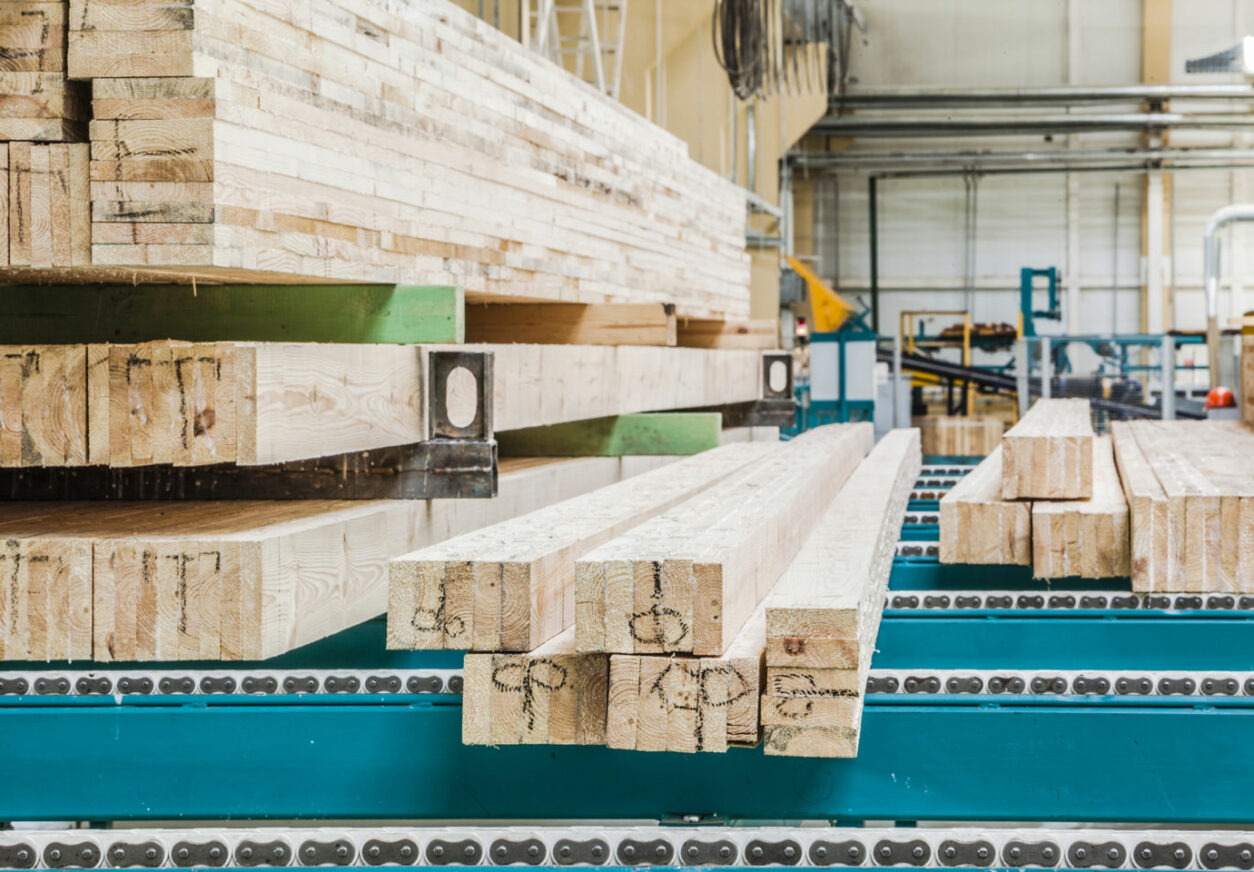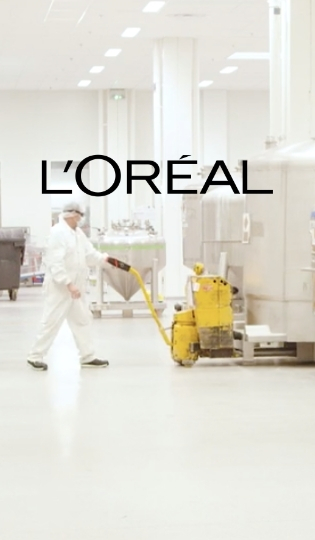This week we interviewed Samuel Perez, the founder of the startup Galam Robotics. Samuel and his partner Jonathan Levy have an ambitious project that aims to disrupt the uses of a new technology, modular robotics.
>
Hello Samuel Perez, thank you for sharing your experience of entrepreneurship on Zozio.tech.
How did you come up with the idea of creating Galam Robotics, your start-up, and what does it consist of?
The idea came to me a long time ago while watching science fiction movies. Galam Robotics focuses on a new technological concept: Modular Robotics.
The idea is to create robots that can be transformed according to need, like Lego blocks that can be assembled at will. The first idea of Galam Robotics is to create robots that can be transformed thanks to modularity.
Today, we are developing a first version of our robot in a particular field: logistics.
It is a 3-dimensional storage robot, capable of handling many orders simultaneously in a space half the size of conventional solutions. We use modularity to its fullest to offer a unique solution.
Who is the target audience for the robotic solution you are developing?
Today, our main target is the shoe store in town. Indeed, shoe stores have big space and flow constraints.
Moreover, they hire specialized staff just to go back and forth between the stock and the sales area.
We can automate their inventory to reduce operational costs while providing a better customer experience.
What are the benefits for your customers?
Globally the benefits are of 3 types for our customers.
We allow a space saving, with our solution the stock surface is smaller.
The second gain is a gain in resources, we allow our customers to have less staff or to have staff completely dedicated to sales.
And finally, it’s a gain in customer experience because customers will wait less time for their products, which potentially represents more sales.
What were your technological challenges?
There are many! We invented a solution that is modular, a completely new storage system with a lot of mechanical and algorithmic constraints.
Mechanically we had to solve the problem of moving objects in 3 dimensions, and algorithmically the machine requires very precise control in such a small space. All these challenges have been solved.
What are your ambitions for the next 5 years?
Our short-term ambition is to conquer the first market we are positioning ourselves in: automating shoe stores. We would like to have several dozen stores in France and in Europe.
Eventually, our ambition is to integrate the entire supply chain with Galam modules. Indeed, after the stores, we will be able to install our product in delivery trucks, in parcel relays…
Our vision is that all the products that transit or are distributed in the city will pass through the Galam modules, which will then become the “city’s containers”.
Finally, in your opinion, what is the “industry of the future”?
The industry of the future will be a more automated industry, where man will have less and less place, except for maintenance and for the design of the factory.
I see a lot of robots that will perform different tasks such as moving objects, etc. In my opinion, we are moving towards totally automated processes like Elon Musk who has created a totally automated factory.
One of the industries that is developing a lot at the moment is the one we are working on, namely the logistics industry.
We can see it with the transformation of warehouses, like Amazon’s, which are becoming totally automated thanks to a myriad of robots. I think this automation will extend to many industries.
Can you imagine deploying your solution in the industry?
Not in the first place because there is a lot of competition. We prefer to differentiate ourselves by attacking less industrial markets. But yes, in the long term, we plan to deploy in industry, especially in industry with high turnover rates.
Thank you for this interview!
Warning: Undefined array key "blue" in /home/clients/9c794a8827fc78ba540240363cd6895d/sites/zozio.bien-fonde.com/wp-content/themes/zozio/template-parts/share_buttons.php on line 5
Warning: Attempt to read property "ID" on bool in /home/clients/9c794a8827fc78ba540240363cd6895d/sites/zozio.bien-fonde.com/wp-content/themes/zozio/template-parts/internal_mesh.php on line 23
Warning: Attempt to read property "post_title" on bool in /home/clients/9c794a8827fc78ba540240363cd6895d/sites/zozio.bien-fonde.com/wp-content/themes/zozio/template-parts/internal_mesh.php on line 24
Warning: Attempt to read property "post_type" on bool in /home/clients/9c794a8827fc78ba540240363cd6895d/sites/zozio.bien-fonde.com/wp-content/themes/zozio/template-parts/internal_mesh.php on line 26








